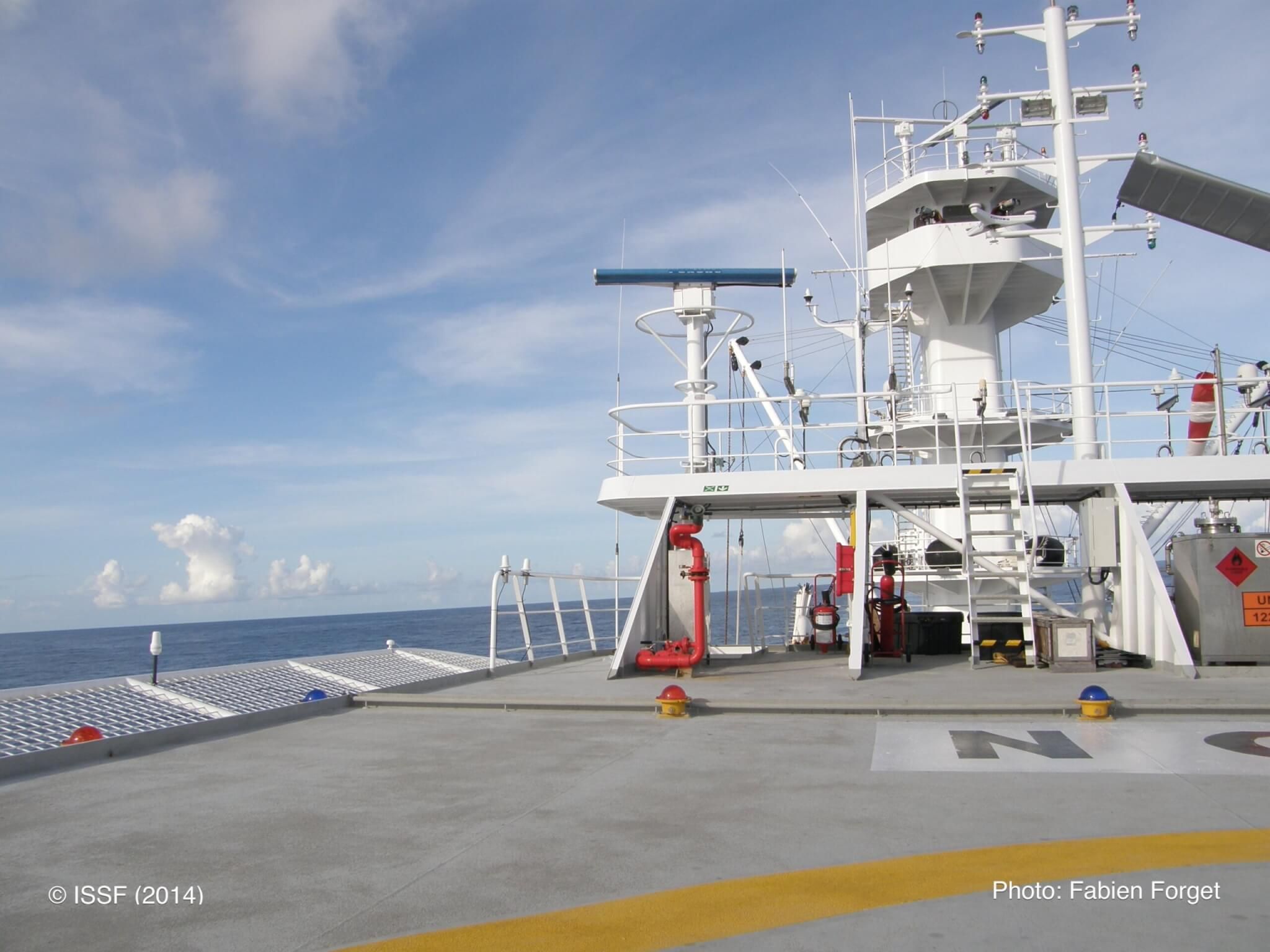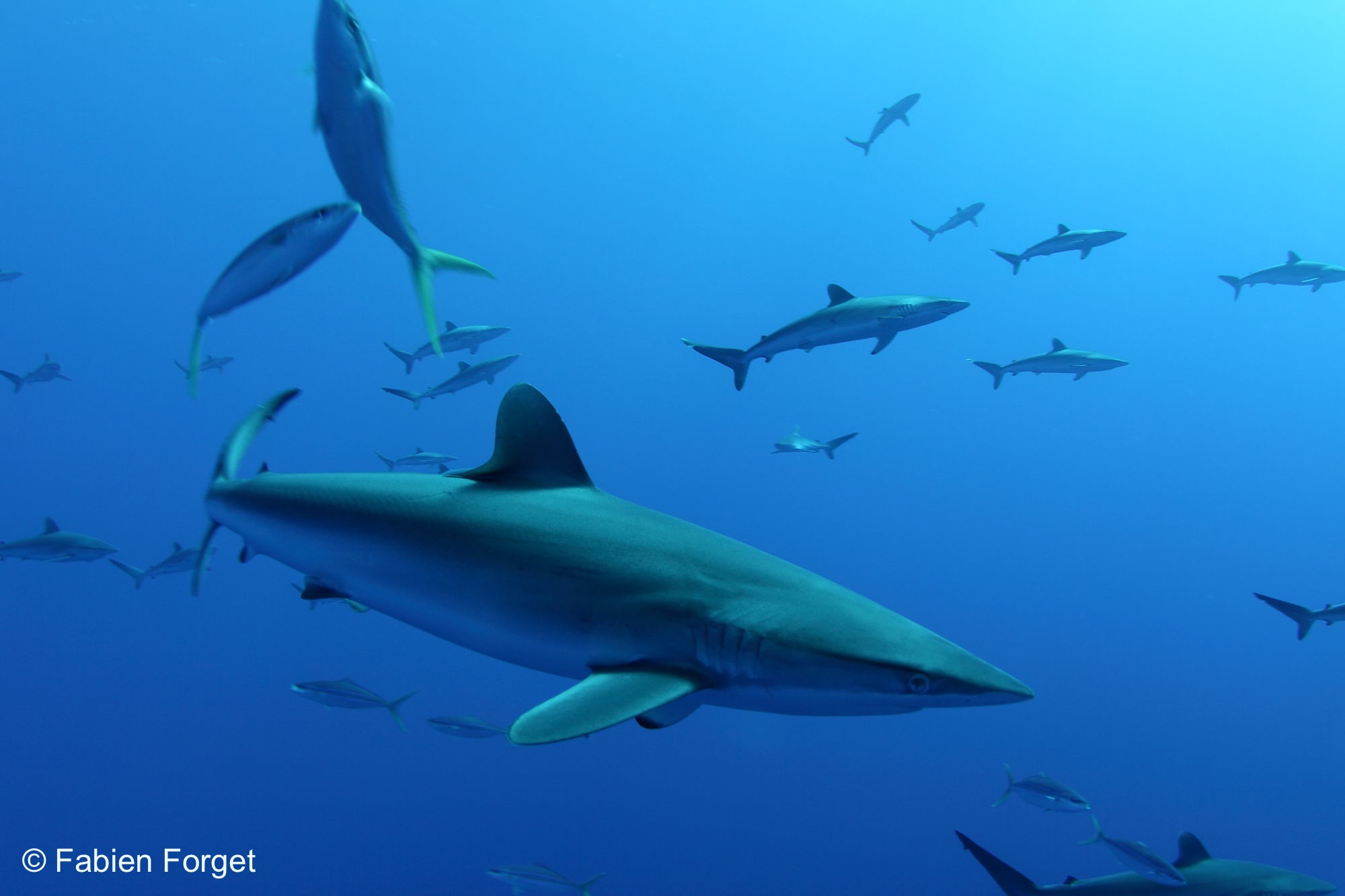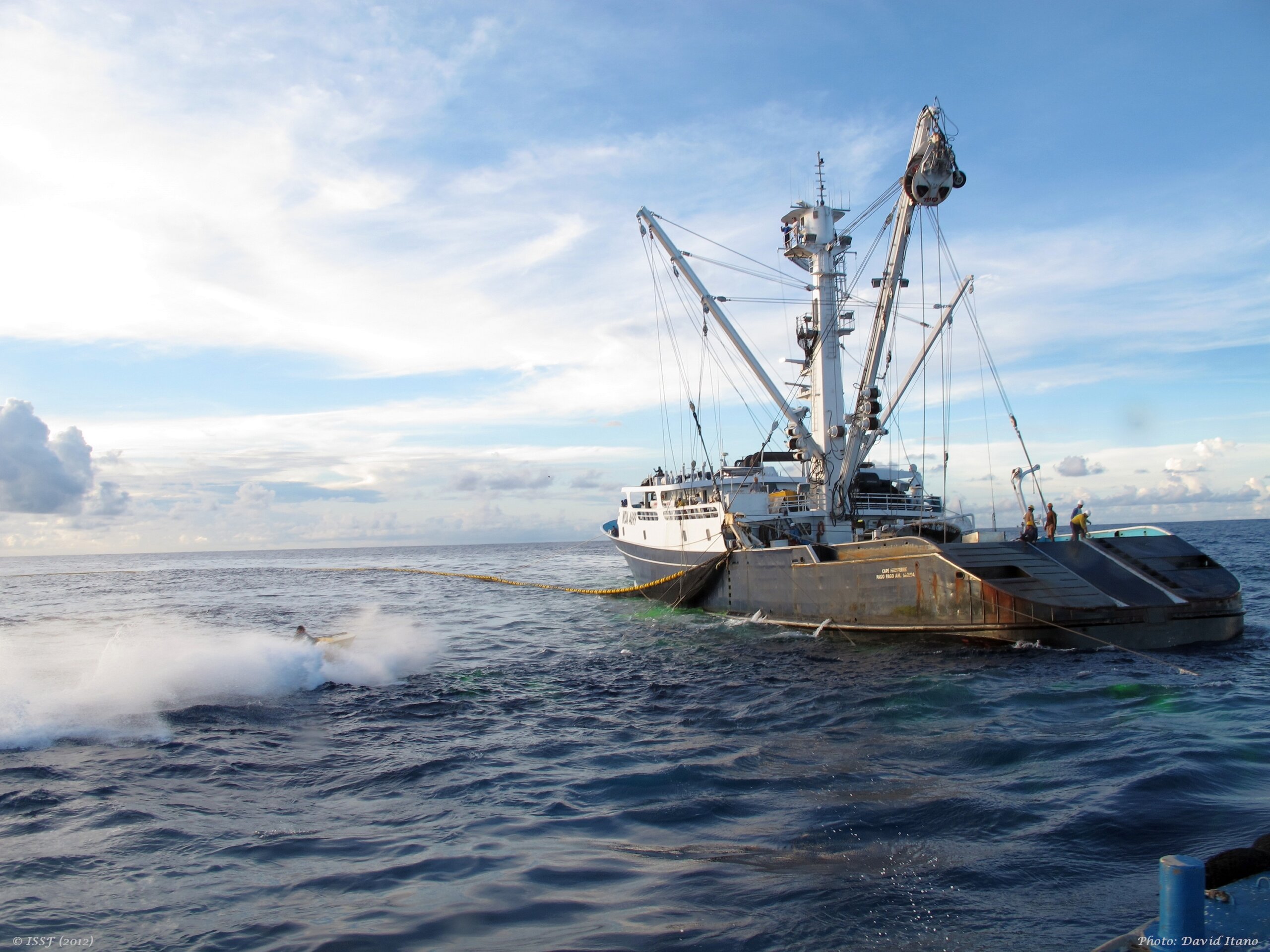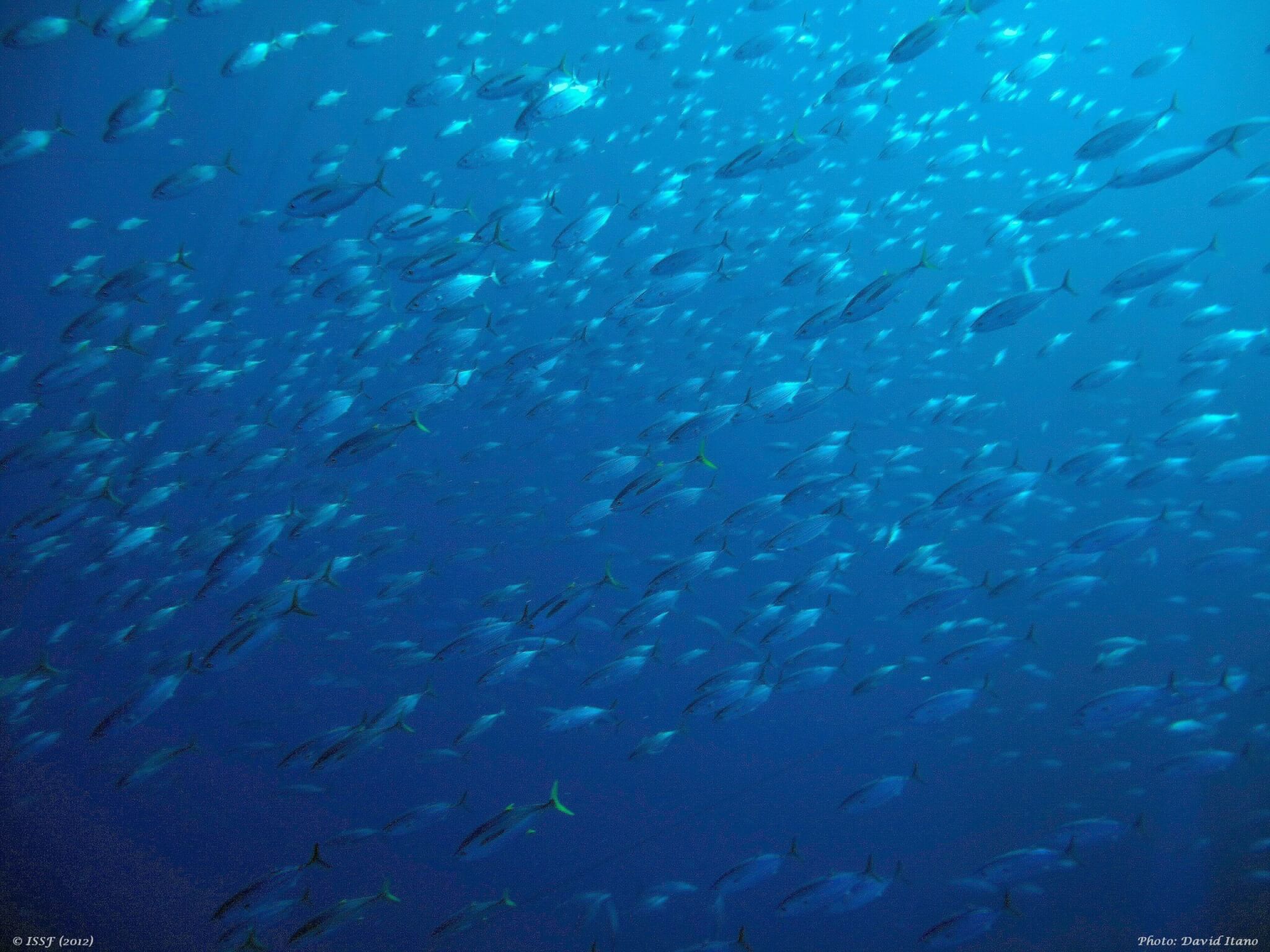
The International Seafood Sustainability Foundation (ISSF) Urges Action on Harvest Strategies for Pacific Tuna Stocks
The International Seafood Sustainability Foundation (ISSF) has issued its position statement for consideration by the Western and Central Pacific Fisheries Commission (WCPFC) ahead of its 19th regular session from November 27 to December 3, 2022 in Da Nang, Vietnam. ISSF leads its position statement with the urgent call for the adoption of harvest strategies for certain tuna stocks.
Harvest strategies — which include target and limit reference points together with harvest control rules — provide pre-agreed rules for managing fisheries resources allowing quick action in response to stock status changes. They are crucial for the long term, sustainable management of tuna fisheries. Further, fisheries managers in the Western and Central Pacific Ocean (WCPO) need to adopt this important management method to meet a 2023 Marine Stewardship Council (MSC) deadline for harvest strategy conditions. WCPFC otherwise risks running out of time to complete a new requirement under the MSC standard — specifically, introducing catch or effort constraints to ensure the harvest strategy is applied in practice.
Harvest strategies for skipjack and albacore tuna stocks, and interim target reference points for yellowfin and bigeye, are among our top priorities for WCPFC at its annual meeting beginning Nov. 27. Share on X“WCPFC once led the way on harvest strategies. Today it is falling behind other regional fisheries management organizations (RFMOs) and is now the only tuna RFMO without a harvest strategy in place,” said ISSF President Susan Jackson. “WCPFC member countries must urgently adopt harvest strategies for Western Pacific skipjack and Northern albacore tuna and accelerate the adoption of one for South Pacific albacore next year. Harvest strategies are the best way to protect tuna fisheries and help sustain the ecosystem and economies that rely on them.”
ISSF is specifically asking WCPFC to:
- Adopt comprehensive harvest strategies for Western Pacific skipjack and Northern albacore, including harvest control rules
- Accelerate the development of a harvest strategy for South Pacific albacore that will consider the entire South Pacific stock in the operating models
In addition to harvest strategies, the ISSF position statement outlines further science-based “asks” of the Commission, including:
- Adopting interim target reference points (TRPs) for yellowfin and bigeye tuna
- Adopting a definition of biodegradable FADs and categories of biodegradable FADs this year. And by 2023, adopting a FAD marking scheme; FAD ownership rules; rules for activation and deactivation of FAD buoys; a FAD-recovery policy and incentives; a clear transition timeline to using FADs made largely of biodegradable materials; and requiring vessels to report near-time FAD position and acoustic data.
- Adopting a measure for an electronic monitoring (EM) program and minimum standards for the use of EM by 2023
- Adopting minimum standard data fields to be collected by observers during transshipment events
- Requiring that all sharks be landed with fins naturally attached — without exceptions — and prohibiting the use of branchlines of wire trace and shark lines
The full ISSF WCFPC position statement can be read here.


